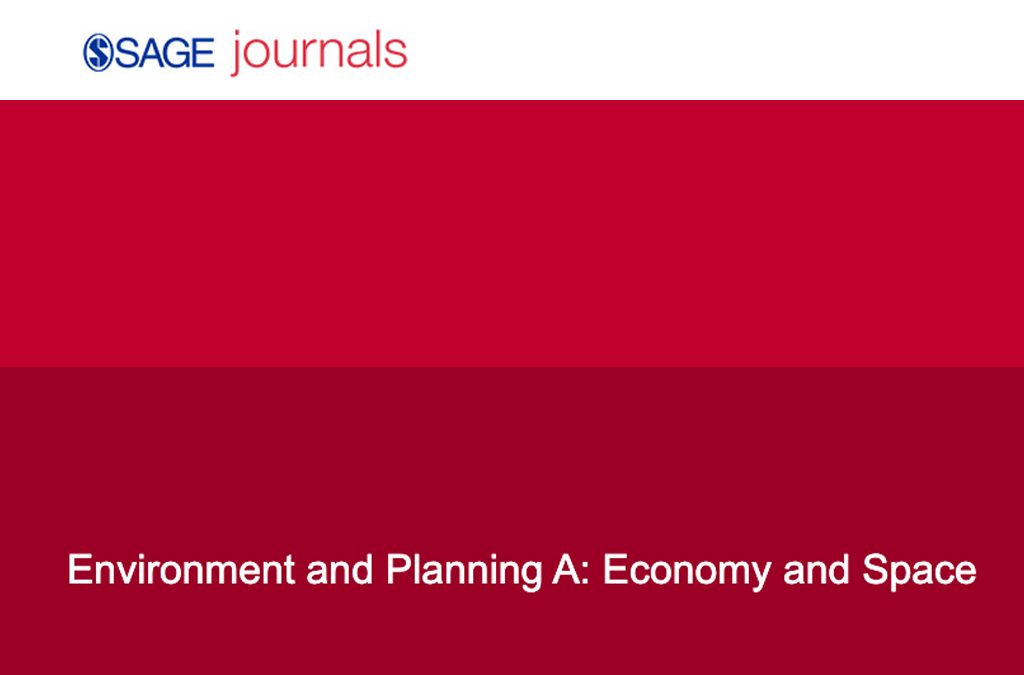ABSTRACT
Within the growing amount of literature on short-term rentals, which has started to increase in the past three years, research has focused mainly on world tourism cities, and intuitively on the cores of cities. Additionally, the economic actors serving as suppliers in the short-term rental sector are too often taken for granted. While existing research confirms the growing presence of real estate agencies and transnational investors who own or manage a significant number of apartment buildings with a purely corporate aim, what is more controversial is that which happens on the other side of the market: local homeowners becoming short-term rental sector suppliers.
Focusing on the Italian city of Turin, the article contributes to this debate by exploring the profiles and economic lives of middle-class Airbnb ‘hosts’. Drawing on a set of in-depth interviews, the article provides a categorization of different types of, what we call, ‘marginal hosts’, and an analysis of their specificities and narratives. The study, carried out at a neighbourhood level, shows that the interplay between post-crisis austerity, which has impacted on occupations and income, homeownership and platform capitalism have provided new value-extraction opportunities. We will conclude by arguing that social class should be more specific to the analysis of short-term rental sectors, simultaneously underlining the need for further systematic research on suppliers.
FONTE
Leggi l’articolo completo qui:
Semi G., Tonetta M. (2020)
Marginal hosts: Short-term rental suppliers in Turin, Italy
Environment and Planning A: Economy and Space (online first)


